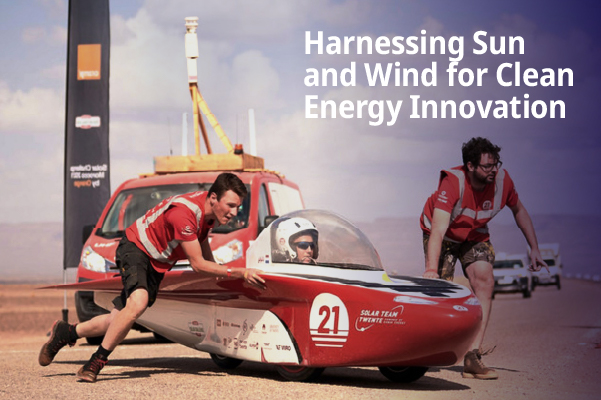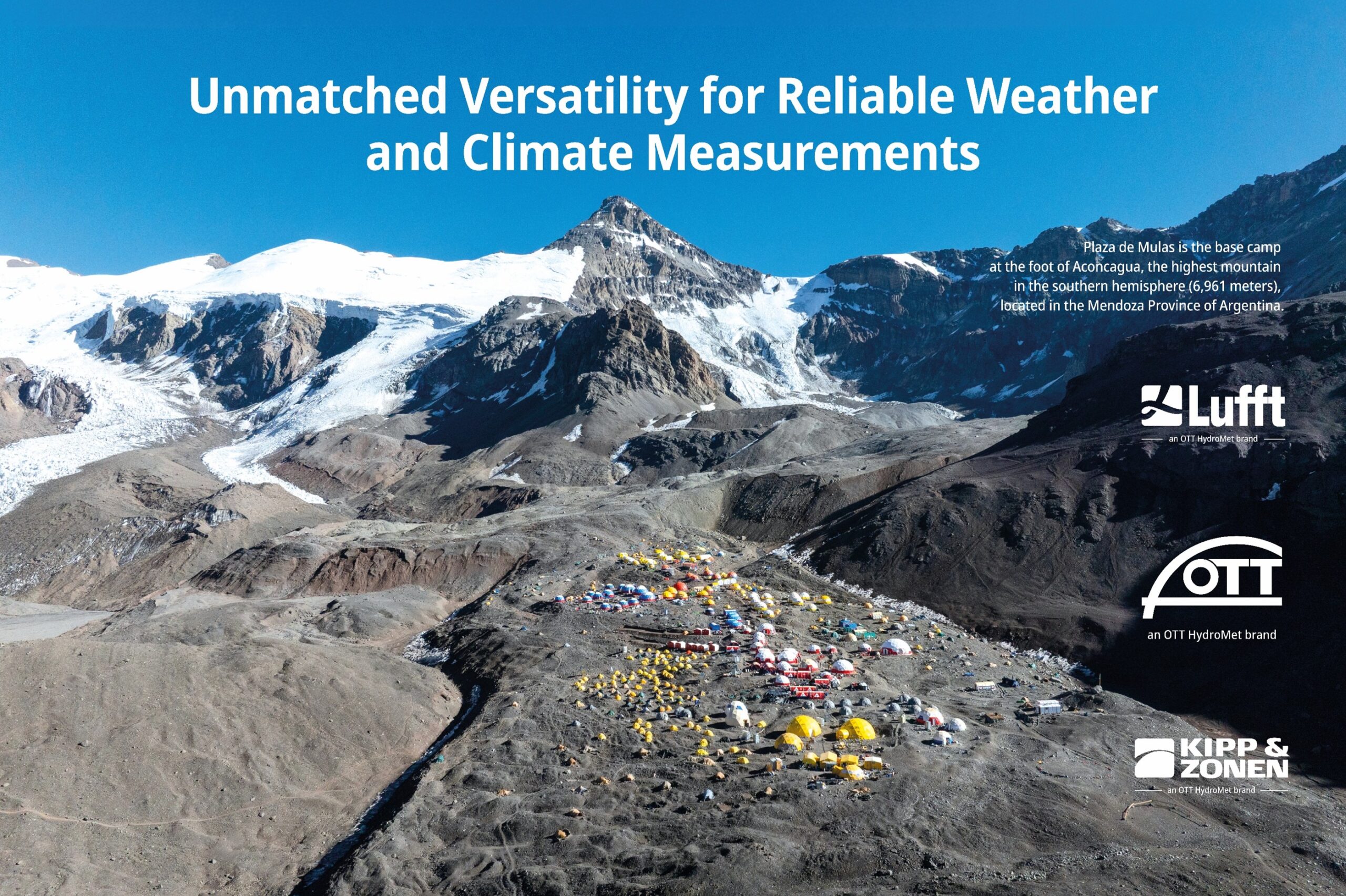A recent study published by the US-American National Academy of Sciences revealed an increasing chloride amount in rural and urban freshwater lakes around the American continent. The scientists believe, that mainly road salt distributed on icy roadways is to blame for this. But how to stop this process without huge investments?
A recent study published by the US-American National Academy of Sciences revealed an increasing salt amount in form of chloride in rural and urban freshwater lakes around the American continent. The scientists believe, that mainly road salt distributed on icy roadways is to blame.
Increasing salt levels threaten eco systems
Road de-icing salt is blamed for rising salt levels in freshwater lakes. This was uncovered by a study of the National Academy of Sciences carried out for the last one and a half year. In the project, 371 freshwater lakes across the American continent were observed.
With thousands of lakes being at risk of a long-term salinization, the ecosystem is extremely threatened. The change of the water condition will affect drinking water sources, fisheries, recreation, irrigation and aquatic habitat. “We could be messing with our economy if the water gets saltier,” confirmed Donna Kashian, associate professor of biological sciences at Wayne State University.
Safety as counterargument
On the contrary, the safety on winterly roads can’t be neglected. “Just based on what we see and hear at the Road Commission, we get a lot more complaints that the roads are slippery than we do that there’s salt in the environment,” explained Craig Bryson, senior manager of communications for the Road Commission for Oakland County. Residents of affected cities and municipalities will hardly be excited about an increase in taxes for the sake of the environment.
So what could be a solution of this conflict of interests?
Our answer clearly is the use of smart road weather sensors such as mobile MARWIS. It delivers information on salt percentages, road conditions, temperatures as well as dew point temperatures in real time and covers many spots by measurement rates of up to 100 times per second. Thus it can save you salt, time and money for the road maintenance with a low investment.
For example, the smart device helped one of our airport customers save more than 10,000 Euros for de-icing chemicals in less than two weeks.
How to save salt by means of the latest measurement technologies?
By measuring ice percentages, road temperatures, dew points and chemical wetness, MARWIS informs whether the application of salt is required or not in real time. In case MARWIS issues the road surface status “chemical wet” it means, that there is enough salt left to keep the ground wet instead of freezing. In case MARWIS detects ice percentages or issues the road status “critical wet”, road salt needs to be spread in order to prevent the ground from freezing over.
To ease the intepretation of the sensor values, the ViewMondo software delivers road-salt spray recommendations based on the MARWIS data. In future the sensor’s information will probably be integrated into spreader systems of gritting vehicles to issue not only spray recommendations but also directly control the spreader.
Curious about the technology? Get in touch with us and discover more about it!


